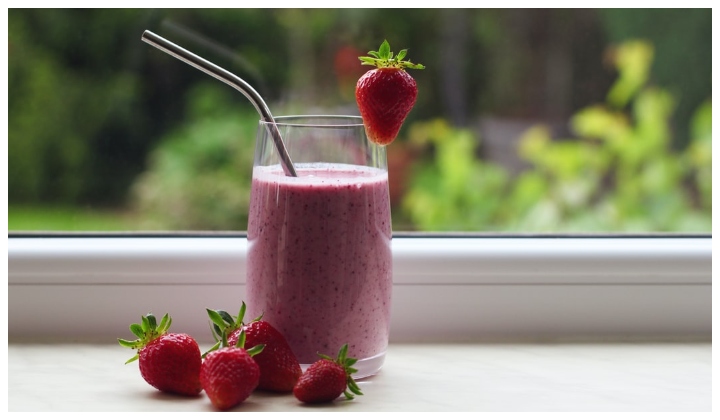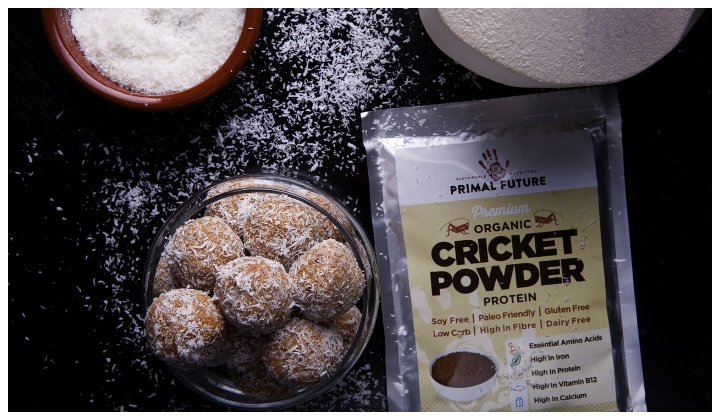Malaysians Overconfident On Their Personal Knowledge Wind Up Scoring Lowest On Nutrition Myth Survey
So, if you think you know your nutritional knowledge, think again!

Subscribe to TRP’s Telegram channel for the latest stories and updates.
Ah the Internet, a great way for one to access a plethora of nutritional information. So convenient and fast!
Unfortunately, it also comes with a high amount of myths and misinformation that might endanger the lives of the general public.
According to the Herbalife Nutrition Asia Pacific (APAC) Nutrition Myths Survey 2020, Malaysia has scored the third highest in having personal confidence about nutritional knowledge.
However, that confidence is misplaced as the country has also scored the least in answering nutrition-related questions.
The survey and quiz were conducted in March 2020 with 55,000 respondents from Australia, Hong Kong, Indonesia, Japan, Korea , Malaysia, Philippines, Singapore, Taiwan, Thailand and Vietnam.
The survey included 48 “True or False” questions such as general weight management, breakfast, general nutrition, protein, carbohydrates, fats, vitamins, minerals and caffeine.
Here are some myths debunked by the Herbalife Nutrition Asia Pacific (APAC) Nutrition Myths Survey 2020.
Myth #1 Intermittent Fasting Is An Effective Way To Lose Weight And Improve Health

Fact: It is important to note that fasting does not help everyone lose weight, specifically those with pre-existing medical conditions such as diabetes.
Those on medication for blood pressure or heart disease should avoid intermittent fasting unless they discuss this with their health care provider.
This avoids their blood glucose levels from decreasing and it reduces the risk of electrolyte abnormalities.
Myth #2 Less Protein Is Required As We Grow Older
Fact: As we age, we may experience a gradual, progressive loss of muscle mass and function otherwise known as sarcopenia.
Fortunately, this process could be weakened by boosting our protein intake while also incorporating resistance exercise as part of our daily routine.
Myth #3 Caffeine Only Exists In Coffee, Tea & Soda

Fact: Caffeine is a natural compound which gives the central nervous system a bolt of energy, this compound can also be found in cocoa beans which are used to make chocolate.
The darker the chocolate, the higher the amount of caffeine. Caffeine is also found in guarana plants and these are often added to beverages.
However, the guarana plant is packed with antioxidants and it provides a gentle boost of energy to keep one energized throughout the day.
Myth #4 Peak Bone Mass Can Be Optimized At Any Age With Sufficient Calcium Intake
Fact: Our peak bone mass ( max bone size and strength) is dependent on our calcium intake and reaches its peak as we turn 30.
However, sufficient calcium intake throughout our life could reduce the risk of osteoporosis.
Calcium supplementation can protect against bone loss at older ages, especially for post-menopausal women with naturally higher calcium needs.
Myth #5 Drinking Fruit Juice In The Morning Can Help The Body Cleanse Its Toxins

Fact: Our body already has its own way of removing toxins from various organs such as the lungs and kidneys.
However, there are ways for us to improve the body’s natural detoxification system which includes getting quality sleep, drinking more water, decreasing our salt intake and being more active.
Myth #6 A Very Low-Fat Diet Is The Best Way To Lose Weight
Fact: Studies have shown minimal weight loss after the first year from very low-fat diets, making it an ineffective long-term weight loss strategy.
Our bodies need some fat to stay healthy, as it helps build cell membranes and hormones while aiding absorption of fat-soluble vitamins.
Myth #7 The Glycemic Index Is A Good Tool For Choosing The Healthiest Carbohydrates
Fact: The Glycemic Index measures how carbs in food impact our blood sugar levels, but it cannot be completely relied on when choosing a healthy diet.
The amount of carbs and what it is being eaten with also need consideration.
Myth #8 Protein Powder Is Not A Healthy Source Of Protein As Compared To Protein From Natural Foods

Fact: Protein powder can be as good as protein from natural foods if derived from high-quality sources.
For example, soy protein from soybeans is a complete protein and it provides a full range of 9 essential amino acids for the body’s nutrition requirements.
According to Steven Chin, General Manager and Director of Herbalife Nutrition Malaysia, the widespread presence of nutrition myths on the Internet had led to a widespread of confusion over nutrition facts.

To help heighten the nutrition knowledge among Malaysians, we have been working closely with the Nutrition Society of Malaysia to promote accurate knowledge on food and nutrition.
Steven Chin, General Manager/Director of Herbalife Nutrition Malaysia.
“We hope that consumers will be better informed in the long run and help Malaysians lead healthier lives” he finished.
Herbalife Nutrition is a global company that offers high-quality, science-backed products, sold in over 90 countries by entrepreneurial distributors that provide a one-on-one coaching and a supportive community that inspires customers to embrace a healthier, more active lifestyle.
If you would like to test your knowledge on nutrition myths, check out the full survey and findings, on Herbalife’s website HERE.
Do you know of any other myths about nutrition? Let us know on TRP’s Facebook, Twitter and Instagram!





